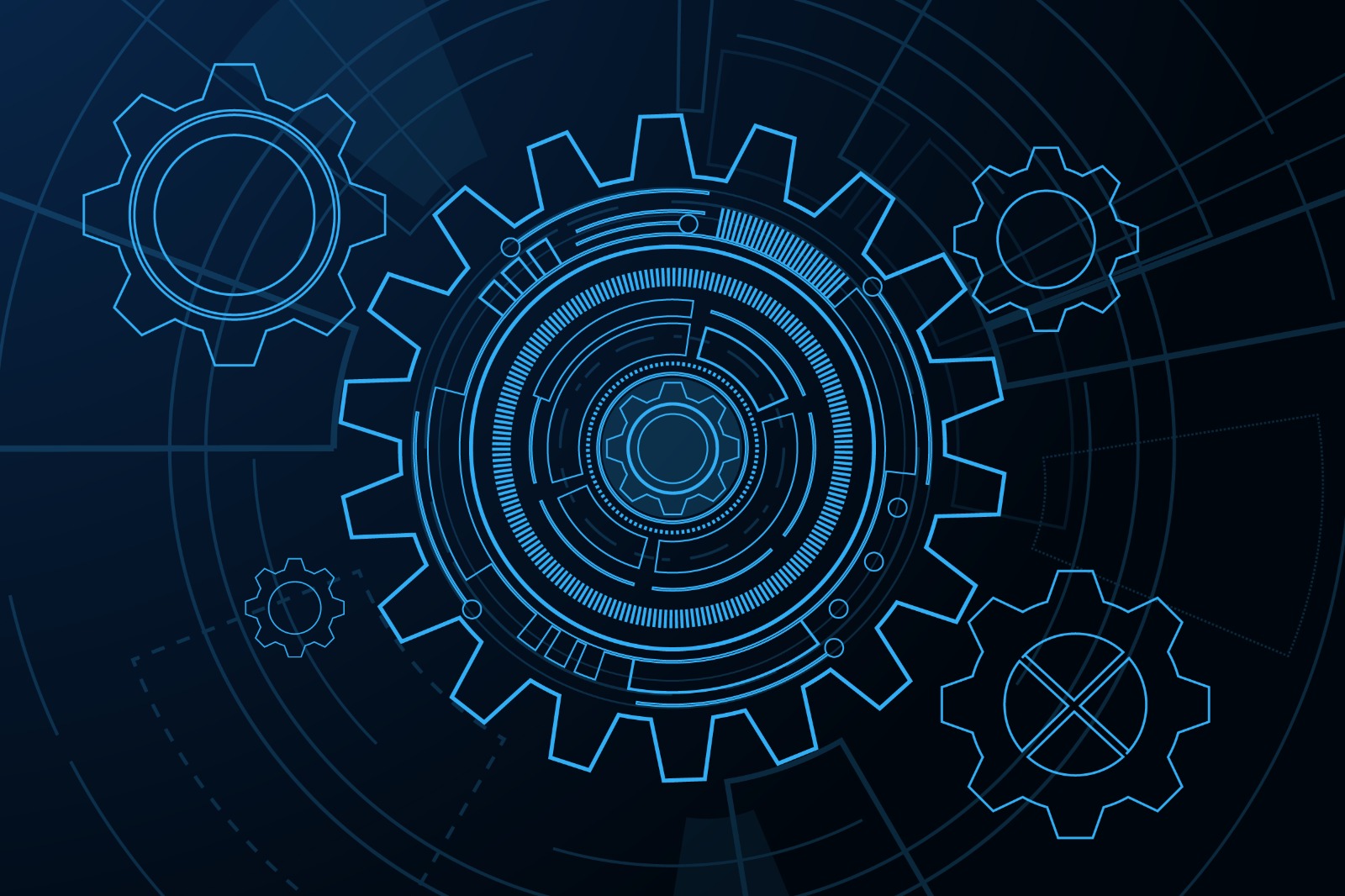Sensors play a pivotal role in digital transformation by enabling real-time data collection, analysis, and enhanced decision-making for operational efficiency. In today’s digital transformation era, organizations across various sectors are leveraging advanced technologies to drive innovation and remain competitive. One such technology that is revolutionizing business operations is sensors. These small devices capture and transmit valuable data from the physical environment to the digital realm, providing organizations with unique insights.
Sensors are an integral part of the Internet of Things (IoT) ecosystem, bridging the physical and digital worlds. They collect information from various sources such as machines, equipment, infrastructure, and even people, converting this into digital signals that can be processed and analyzed. This data provides organizations with unique insights into their operations, allowing them to make informed decisions, optimize processes, and improve overall efficiency.
In the manufacturing sector, sensors integrated into machines and production lines gather real-time data on factors such as temperature, pressure, vibration, and energy consumption. This data can be analyzed to identify patterns, predict failures, and optimize maintenance schedules, minimizing downtime and maximizing productivity. Furthermore, sensors enable predictive quality control, ensuring products consistently meet high standards.
Real-Time Data Stream
The data provided by sensors enables businesses to perform real-time analysis and make swift decisions. For example, sensors in the production process monitor machine performance, energy consumption, and faults. This data can be analyzed instantly, helping to predict potential failures and schedule preventive maintenance. This provides businesses with continuity, efficiency, and cost savings in production.
Sensors are fundamental components of automation processes. In production lines and logistics processes, sensors monitor material flow, control inventory levels, and provide automatic alerts or directions. This allows businesses to optimize processes, increase efficiency, and minimize errors. Sensors also help monitor factors such as energy consumption and resource usage, contributing to sustainability goals.
From Manufacturing to Retail
In the retail sector, sensors integrated into shelves, shopping carts, and wearable devices can track customer behavior, visitor traffic, and inventory levels. This data can be used by retailers to personalize the shopping experience, optimize product placement, and streamline supply chain operations. By leveraging real-time data from sensors, businesses can anticipate demand, improve inventory management, and increase customer satisfaction.
In smart cities, sensors are integrated into urban infrastructure to monitor air quality, traffic flow, waste management, and energy consumption. This data helps city management optimize resource allocation, reduce environmental impact, and improve the overall quality of life for residents. Sensors also play a critical role in public safety by providing real-time data for rapid emergency detection and effective emergency response.
In the digital transformation era, sensors have become indispensable tools for harnessing the power of data to enhance decision-making, operational efficiency, and customer satisfaction. Embracing smart sensor technology is no longer a choice but a necessity for businesses looking to succeed in the digital world.

